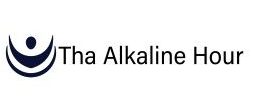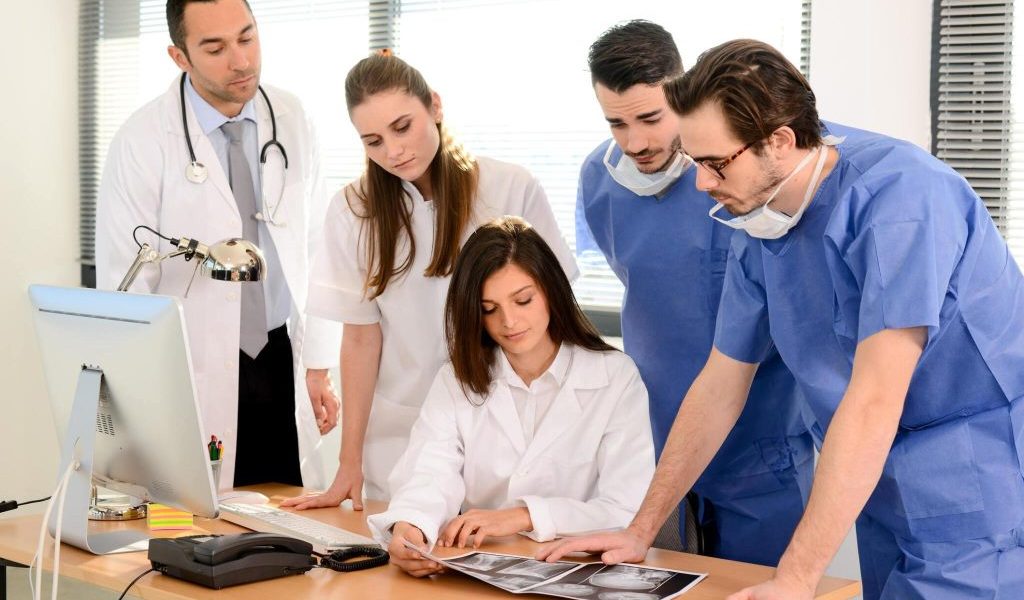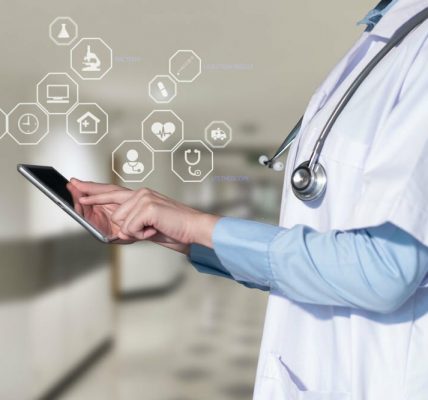In today’s world, where unforeseen emergencies can strike at any moment, the importance of emergency medicine courses cannot be overstated. These courses play a crucial role not only in training healthcare professionals but also in empowering communities to respond effectively to emergencies.
From basic first aid to advanced life support techniques, emergency medicine courses are designed to equip individuals with the skills and knowledge needed to save lives and minimize the impact of emergencies on public health.
Significance of Emergency Medicine Courses
Emergency medicine courses hold immense significance in healthcare. They equip professionals and laypersons with critical skills to respond effectively to emergencies, ultimately saving lives and minimizing adverse health outcomes.
By providing training in areas such as CPR, trauma care, and disaster preparedness, these courses enhance emergency response capabilities, promote public health, and contribute to building resilient communities.
The Evolution of Emergency Medicine Education
Emergency medicine education has come a long way since its inception. What began as basic first aid training has evolved into comprehensive courses covering a wide range of emergency scenarios.
Today, emergency medicine courses encompass topics such as CPR, trauma care, disaster preparedness, and more. This evolution reflects the growing recognition of the importance of emergency preparedness in safeguarding public health.
Empowering Healthcare Professionals
One of the primary objectives of emergency medicine courses is to empower healthcare professionals with the skills and confidence to respond effectively to emergencies.
Doctors, nurses, paramedics, and other healthcare workers undergo rigorous training in emergency medicine to ensure that they can provide timely and competent care in critical situations.
By equipping healthcare professionals with the necessary knowledge and skills, these courses play a vital role in enhancing the overall quality of emergency care and saving lives.

Building Community Resilience
Beyond healthcare professionals, emergency medicine courses also target members of the community, empowering them to become first responders in emergency situations.
From basic first aid training for laypersons to advanced life support courses for volunteers and community leaders, these courses aim to build resilience at the grassroots level.
By teaching individuals how to recognize and respond to emergencies, emergency medicine courses empower communities to take proactive measures to protect public health.
The Impact of Emergency Medicine Courses on Public Health
Emergency medicine courses significantly impact public health by reducing mortality and morbidity rates through prompt intervention. They enhance disaster preparedness, ensuring effective response strategies in mass casualty incidents.
Moreover, these courses promote health equity by improving access to emergency care for underserved populations. Despite challenges, leveraging technological innovations can enhance their effectiveness in safeguarding public health and building resilient communities.
Reducing Mortality and Morbidity
One of the most significant impacts of emergency medicine courses is their role in reducing mortality and morbidity rates associated with emergencies. Prompt intervention and appropriate care can mean the difference between life and death in critical situations such as cardiac arrest, trauma, or respiratory failure.
By equipping healthcare professionals and laypersons alike with the skills to recognize and respond to emergencies effectively, emergency medicine courses contribute to saving countless lives each year.
Improving Outcomes in Disaster Situations
Natural disasters, terrorist attacks, and other mass casualty incidents pose unique challenges for emergency responders. Effective coordination, rapid triage, and efficient resource allocation are essential for minimizing casualties and managing the aftermath of such events.
Emergency medicine courses emphasize disaster preparedness and response strategies, ensuring that healthcare professionals and community volunteers are equipped to handle the complexities of large-scale emergencies.
By improving preparedness and response capabilities, these courses help mitigate the impact of disasters on public health.
Promoting Health Equity
Access to emergency care is a critical determinant of health outcomes, yet disparities in access persist across communities.
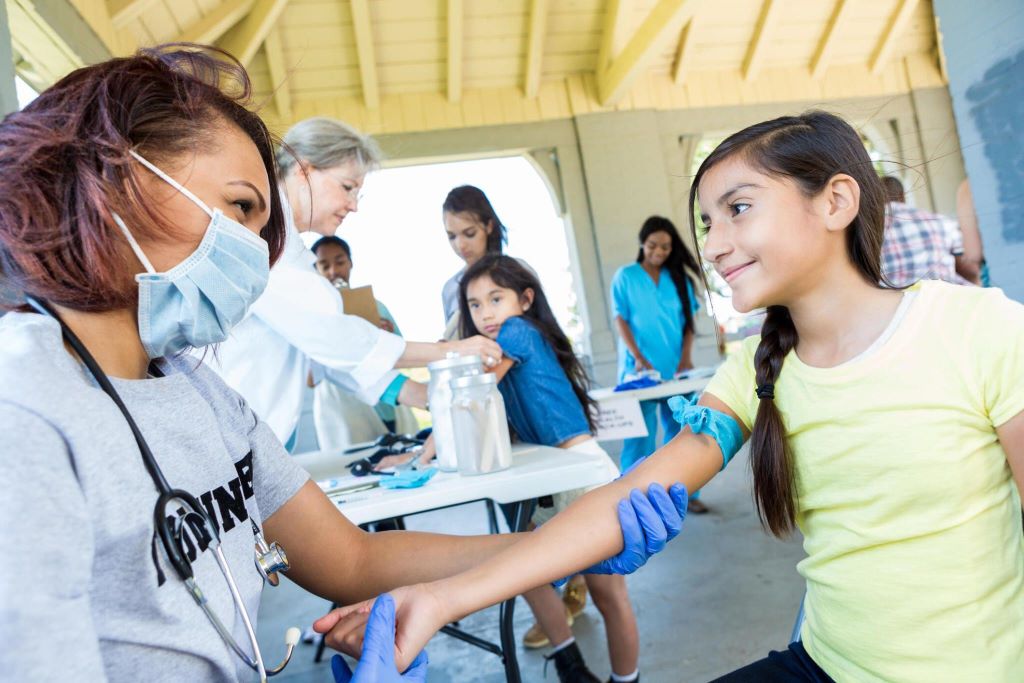
Emergency medicine courses play a crucial role in addressing these disparities by increasing access to lifesaving interventions and empowering underserved populations to take control of their health.
By offering tailored training programs for community health workers, volunteers, and other frontline responders, emergency medicine courses help bridge the gap in access to emergency care and promote health equity for all.
Challenges and Opportunities
Emergency medicine courses face challenges such as limited access in rural areas and financial constraints. Overcoming these barriers requires government support and community engagement.
However, technological innovations offer opportunities to enhance training delivery, such as simulation-based platforms and mobile applications. By leveraging these tools, emergency medicine courses can improve accessibility and adaptability, thus maximizing their impact on public health.
Barriers to Access
Despite their importance, emergency medicine courses face various challenges that hinder their widespread adoption and effectiveness. Limited access to training programs, especially in rural and underserved areas, can restrict the reach of emergency medicine education initiatives.
Additionally, financial constraints and lack of awareness may prevent individuals and organizations from investing in emergency preparedness training. Addressing these barriers requires a multi-faceted approach, involving government support, community engagement, and strategic partnerships with stakeholders.
Harnessing Technological Innovations
Technological advancements present opportunities to enhance the delivery and effectiveness of emergency medicine courses. Simulation-based training platforms, virtual reality simulations, and mobile applications offer immersive learning experiences that simulate real-life emergency scenarios.
These innovative tools allow learners to practice skills in a safe and controlled environment, thereby improving retention and competency. By leveraging technology, emergency medicine courses can reach broader audiences and adapt to evolving healthcare needs more effectively.
Addressing Mental Health in Emergency Situations
In emergencies, mental health issues are often overlooked. Emergency medicine courses now integrate mental health awareness and crisis intervention, training healthcare professionals and laypersons alike.
Recognizing signs of distress and providing psychological first aid are vital skills, contributing to better outcomes and community resilience. This holistic approach ensures both physical and mental well-being during crises.
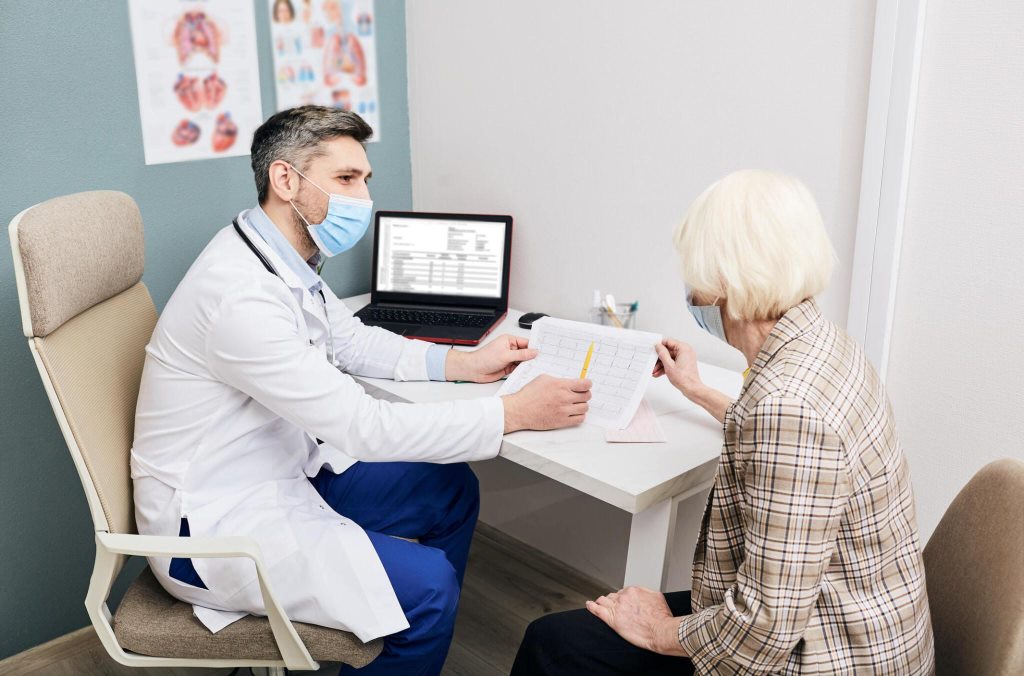
Conclusion
In conclusion, emergency medicine courses play a vital role in promoting public health by equipping healthcare professionals and communities with the skills and knowledge needed to respond effectively to emergencies.
From reducing mortality and morbidity rates to improving outcomes in disaster situations, these courses have a profound impact on public health outcomes. However, challenges such as limited access and resource constraints persist, highlighting the need for continued investment and innovation in emergency medicine education.
By addressing these challenges and seizing opportunities presented by technological advancements, we can further enhance the role of emergency medicine courses in safeguarding public health and building resilient communities.
